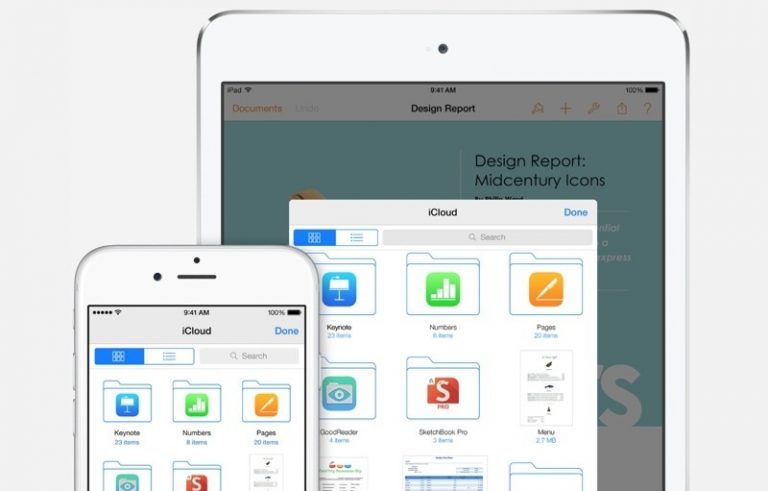

HIPAA calls for the protection of “ individually identifiable health information,” which is defined as information regarding: Healthcare entities must develop specific safeguards, procedures and policies to comply with these rules. The HIPAA Enforcement Rule - Governs investigations following a data breach and states the penalties imposed on the responsible party.The HIPAA Omnibus Rule - Clarifies definitions, procedures and policies provides a checklist for Business Associates and implements the requirements of the Health Education Technology for Economic and Clinical Health (HITECH) Act.The HIPAA Breach Notification Rule - Requires organizations to notify individuals whose personal health information has been exposed and regulates the process of notification.HIPAA Security Rules - Specify standards for safeguarding and protecting electronically created, processed, accessed or stored healthcare information.HIPAA Privacy Rules - Regulate how an individual’s health information may be disclosed or used.Protect the Privacy of Electronic Health Records with Netwrix Auditor.Essential Security Features for HIPAA Compliance.The Most Popular Cloud Storage Services that Support HIPAA and HITECH.The article covers HIPAA-compliant storages and explains your responsibility in making your cloud storage compliant:
#Health icloud cloudapp net login software
Therefore, before moving health-related data to cloud storage, healthcare organizations need to make sure that the software they plan to use is HIPAA compliant. Any organization that handles health records is required to be in compliance. The Health Insurance Portability and Accountability Act (HIPAA) provides clear rules about the storage and sharing of medical data. But is cloud storage secure enough to store, access and transfer sensitive personal and medical information?įor clinics, hospitals and other healthcare organizations, ensuring that patients’ medical information stays private isn’t just an ethical issue, it’s a legal one as well. Files stored in the cloud are accessible anytime and anywhere from any device, which makes it easy to share critical medical information between healthcare workers. Cloud computing provides undeniable benefits for storing and accessing electronic health records.


 0 kommentar(er)
0 kommentar(er)
